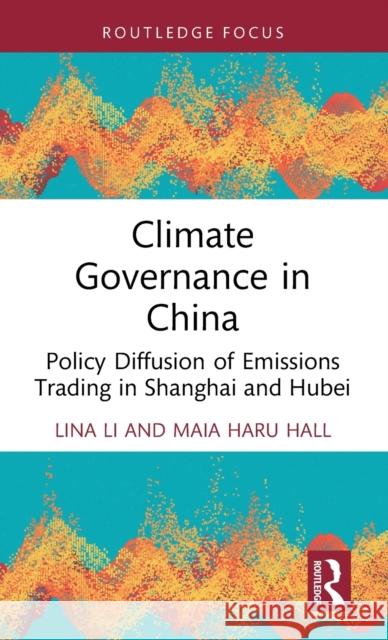Climate Governance in China » książka
topmenu
Climate Governance in China
ISBN-13: 9781032351025 / Twarda / 2023 / 160 str.
Climate Governance in China
ISBN-13: 9781032351025 / Twarda / 2023 / 160 str.
cena 288,65
(netto: 274,90 VAT: 5%)
Najniższa cena z 30 dni: 251,82
(netto: 274,90 VAT: 5%)
Najniższa cena z 30 dni: 251,82
Termin realizacji zamówienia:
ok. 16-18 dni roboczych.
ok. 16-18 dni roboczych.
Darmowa dostawa!
This book explores how and why innovative climate policies spread across sub-national regions and between governance levels in China.











